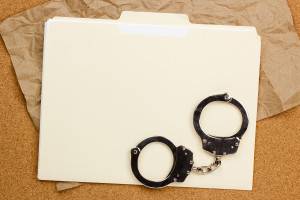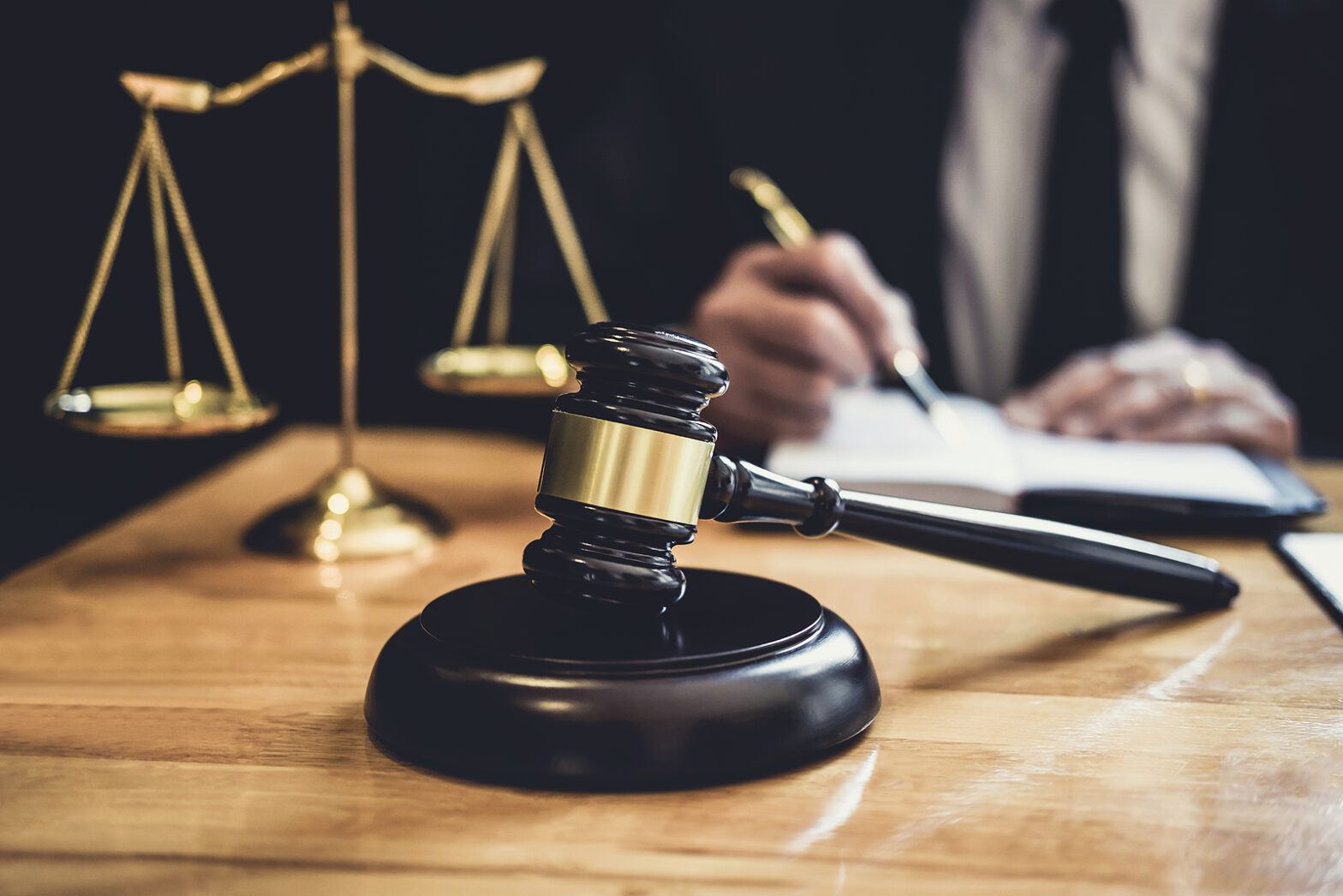Your Loved One Could Get a New Trial if the Prosecutors Fail to Turn Over Evidence to Your Lawyer
In 1997, Defendant Randall Amado was charged and convicted of a murder stemming from a gang-related shooting on a bus. Although several witnesses alleged that Armando was near the bus when the shooting took place, only witness Warren Hardy saw the Defendant with a gun in his hand. The day after the shooting, Hardy went to the police and identified the Defendant as the person who carried a gun to the shooting. The police officer then told Hardy that Amado had been arrested and asked if he was the right guy. Hardy said yes.
At trial, however, Hardy said he couldn’t identify Amado specifically. He just noticed that Amado’s hairstyle was similar to the person he saw with the gun. Hardy said he had poor vision and was unable to see what happened during the fight. He also said he didn’t want to testify because he feared for his safety. Amado’s defense attorney cross-examined Hardy about his bad vision and questioned whether Hardy was actually able to see Amado with a gun when he first went to the police. At the end of the trial, the jury found Amado guilty of murder. He was sentenced to 27 years to life in prison.
After trial, the defense attorney discovered that Hardy was on felony probation for a robbery at the time he testified in the trial. He was also a member of the Bloods gang. The targets of the shooting were also Bloods and the Defendant was a member of the rival Crips.
The Defendant’s attorney appealed his conviction and asked for a new trial based on this information. He argued that this newly discovered information showed the witness was biased in three ways:
- Having a felony robbery conviction made Hardy a less trustworthy witness. Under California law, witnesses can have prior felony convictions used against them to challenge their character for truthfulness.
- Because Hardy was on felony probation at the time he testified, this could have made him try to gain favor with the prosecution and his probation officers by helping the prosecution.
- As a member of the Bloods, Hardy could have been biased against the Defendant who was a member of the Crips. Because the defense attorney did not know about this information, he was not able to challenge Hardy’s potential biases when he testified.
Why Prosecutors Fail to Turn Over Evidence

The United States Supreme Court ruled in the case of Brady v. Maryland that the prosecution is required to turn over to the Defendant any evidence that may be favorable to him that is material to either guilt or punishment. Favorable evidence means any evidence that either helps the Defendant’s case or hurts the prosecution’s case. One type of favorable evidence is evidence that can be used to show the bias of a prosecution witness.
After his conviction, the Defendant first filed a motion for a new trial to the Superior Court. The court denied the motion and ruled that even if the prosecution had disclosed Hardy’s felony conviction and probation report, it would not have changed the result. The Defendant then filed an appeal to the California Court of Appeal. The Court of Appeal denied the Defendant’s motion on different grounds, holding that Defendant’s attorney could have found out the information about Hardy’s prior record himself.
Since Amado had had no luck appealing his case in state court, he filed another appeal in federal court in 2003. It took the federal district court a stunning eight years to rule on Amado’s appeal, denying his request for a new trial in 2011. Finally, the 9th Circuit Court of Appeals ruled in Amado’s favor in a decision released Oct. 30.
The appeals court ruled that the prosecution should have disclosed the conviction and that he was prejudiced by the prosecution not disclosing this information. The court ruled that the Defendant was entitled to a new trial where he could use the witness’s gang connections and his felony record against him.
Amado’s case shows the importance of a defense team that is willing to continue fighting his case and that does not give up. Amado waited over 14 years before a court ruled in his favor, but he and his lawyers persisted in defending his legal rights. In the end, Amado was granted a new trial where the prosecution is required to follow the Supreme Court’s ruling in Brady v. Maryland and turn over all evidence favorable to Amado.
Speak to Wallin & Klarich Today
If you or a loved one has been accused of a crime or has been convicted of a crime in Southern California, you must speak to one of our experienced criminal defense attorneys at Wallin & Klarich immediately. For over 40 years, our team of criminal defense attorneys has successfully defended the rights and freedom of those accused of crimes and we can guide you through your legal matter with the upmost professionalism and dedication.
With offices in Orange County, Los Angeles, West Covina, Sherman Oaks, Ventura, Riverside, Victorville, Torrance, San Bernardino, and San Diego, we will be with you when you call. Speak to us now at (877) 4-NO-JAIL or (877) 466-5245.

